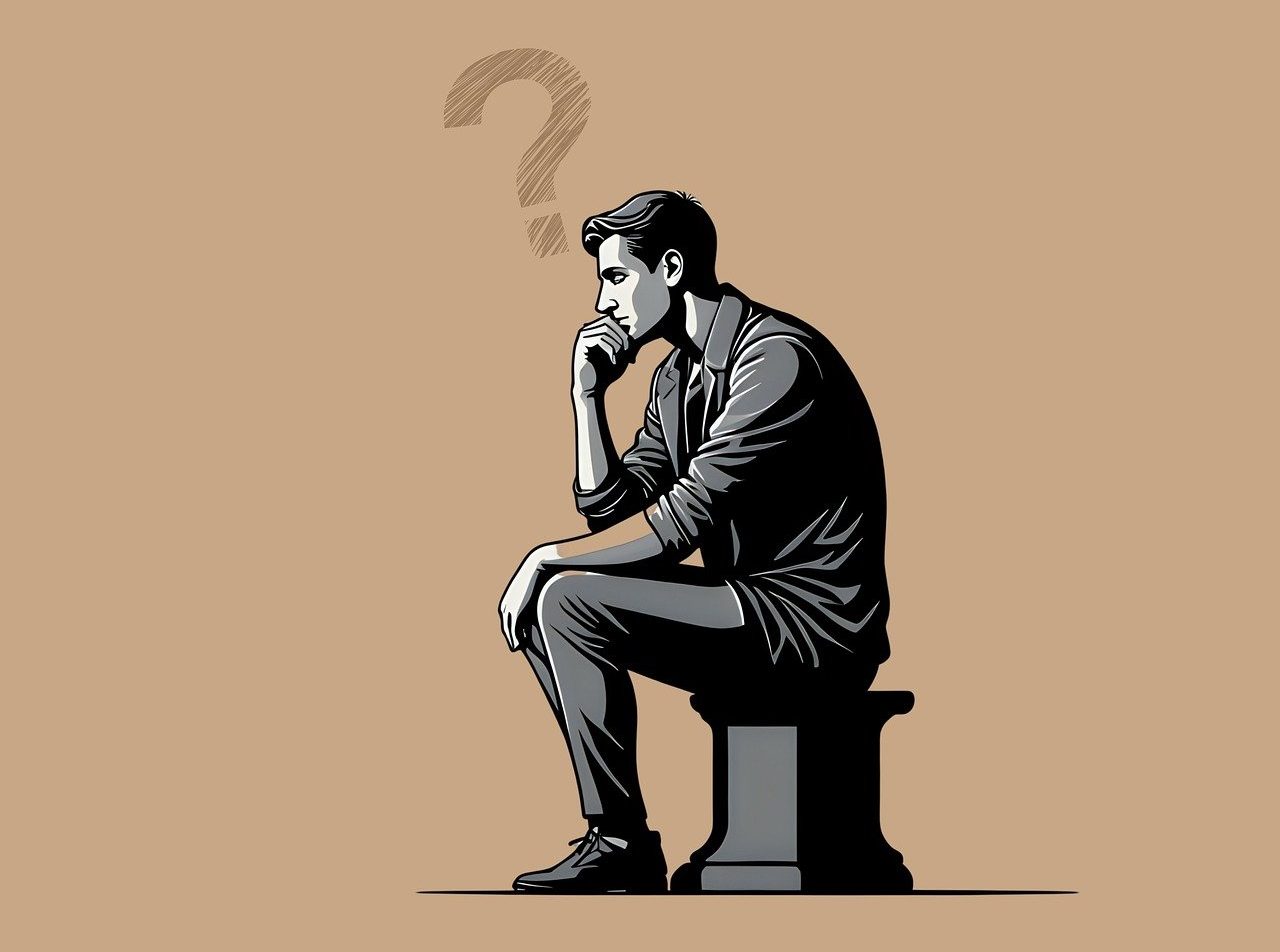
Critical thinking requires self-reflection.
Critical thinking is the process of analyzing and evaluating the consistency of reasoning , especially those statements that society accepts as true in the context of everyday life.
This evaluation can be carried out through observation, experience, reasoning or the scientific method . Critical thinking requires clarity, precision, fairness, and evidence, as it attempts to avoid particular impressions. In this sense, it is related to skepticism and the detection of fallacies . We have to make it clear that fallacies are the set of lies or deceptions that someone makes, frequently or not, with the aim of harming another individual.
Regarding the etymology of the notion, it must be said that the terms that compose it have different etymological origins: thought comes from the Latin verb pensare , which acts as a synonym for "to think" , while critical derives from the Greek verb krienin , which can translate as “decide” or “separate” .
Characteristics of critical thinking
Through the process that involves critical thinking, knowledge and intelligence are used to reach a reasonable and justified position on an issue. Among the steps to follow, specialists point out that it is necessary to adopt an attitude that leads to recognizing and avoiding cognitive prejudices; to identify and characterize arguments; to evaluate the sources of information; and, finally, to evaluate the arguments.
In addition to everything stated above, to ensure that someone becomes a critical thinker, it is important that the subject in question possesses or has acquired a series of fundamental skills for the development of said thinking. Among them is, for example, the ability to interpret ideas, situations or data of various kinds .
However, it is not the only vital quality. Likewise, they must also have the ability to both proceed with the analysis of what is before them and to evaluate various parameters, among which are the intentions of the author or source, since only in this way will it be known whether credibility is granted or diminished.
To the aforementioned qualities we should add, in the same way, the need to be able to evaluate and analyze the interferences that may occur and the ability to explain the arguments that are fundamental in their conclusions. And all this without forgetting the thinker's own ability to self-analyze and examine himself as a method of enrichment.

Promoting critical thinking is key in education.
Beyond defect detection
It should be noted that critical thinking does not imply thinking negatively or with a predisposition to find defects and failures . Nor does it attempt to change people's ways of thinking or replace feelings and emotions.
The goal of critical thinking is to avoid social pressures that lead to standardization and conformism . The critical thinker seeks to understand how to recognize and mitigate or avoid the different deceptions to which he or she is subjected in everyday life. That is why he distrusts sources of information such as the media, since they tend to distort reality. The premise of critical thinking is to doubt everything you read or hear in order to approach objective data more precisely.

It takes acuity to develop critical thinking.
Examples of critical thinking
Suppose a woman reads a newspaper article praising the economic direction of her country. This reader, instead of taking what the journalist expressed as an absolute truth , reflects on the argument presented. In this framework, it takes into account the subjectivity of the author, seeks to achieve a thorough understanding of the perspective of the media, compares what is reflected in the text with the content of various news items and warns about the bias of certain statements. In this way, its conclusion is that the note does not faithfully describe reality , but rather has a marked impartiality due to the journalist's affinity with the government, the editorial line of the media outlet and the influence of corporate interests on what is reported. This position is the result of women's critical thinking.
Let's take the case of a young man who is studying History at a university. His critical thinking makes him question what the teachers transmit to him: he tries to achieve his own interpretation of events , trying to construct the meaning for himself. Its intention is to carry out a validation of the contents in order to achieve deep learning , avoiding memorizing or directly assimilating the teachers' teachings. This autonomy is appreciated by educators, who build a relationship with students based on respect.
Let's now think about the lessons that a father transmits to his son. Logic dictates that, at an early age, descendants accept the values and explanations of their parents without questioning them since there is an idealization of them. With adolescence, on the other hand, criticism of parents (and authority figures in general) becomes frequent and the need arises to verify the expressions in order to then advance in making decisions that are individual and to a greater degree. of autonomy. This process of developing critical thinking promotes empowerment .
